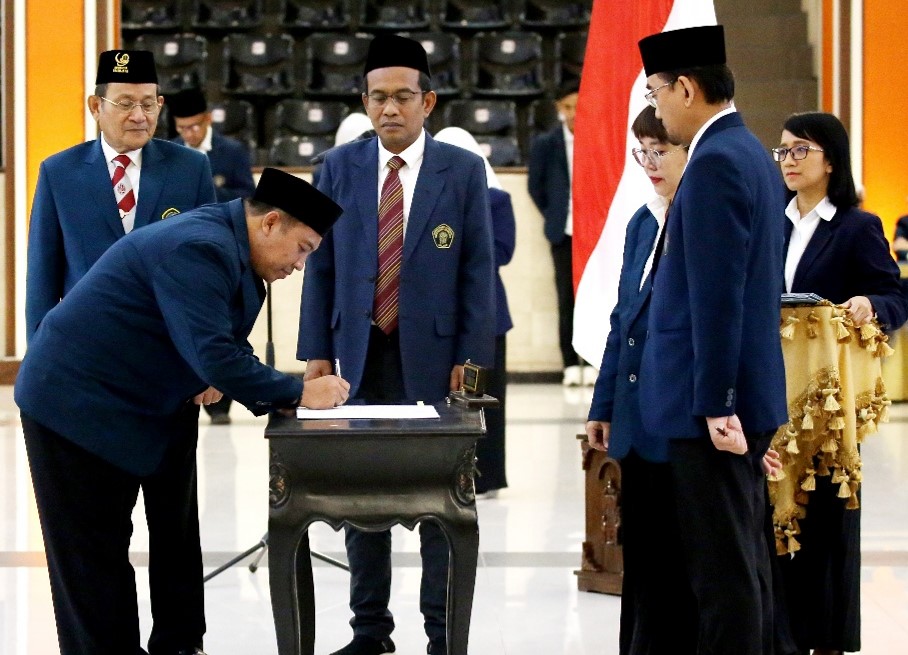On October 6, the Sylff Association secretariat had the pleasure of welcoming Jennifer Schulz (formerly Moore), who received a Sylff fellowship in 2000 while working toward a master’s in health sociology at the University of Canterbury, New Zealand. Now an associate professor at the University of New South Wales in Australia, she blends expertise in health social sciences, law and public health medicine to advocate for more compassionate and effective responses to medical injuries.
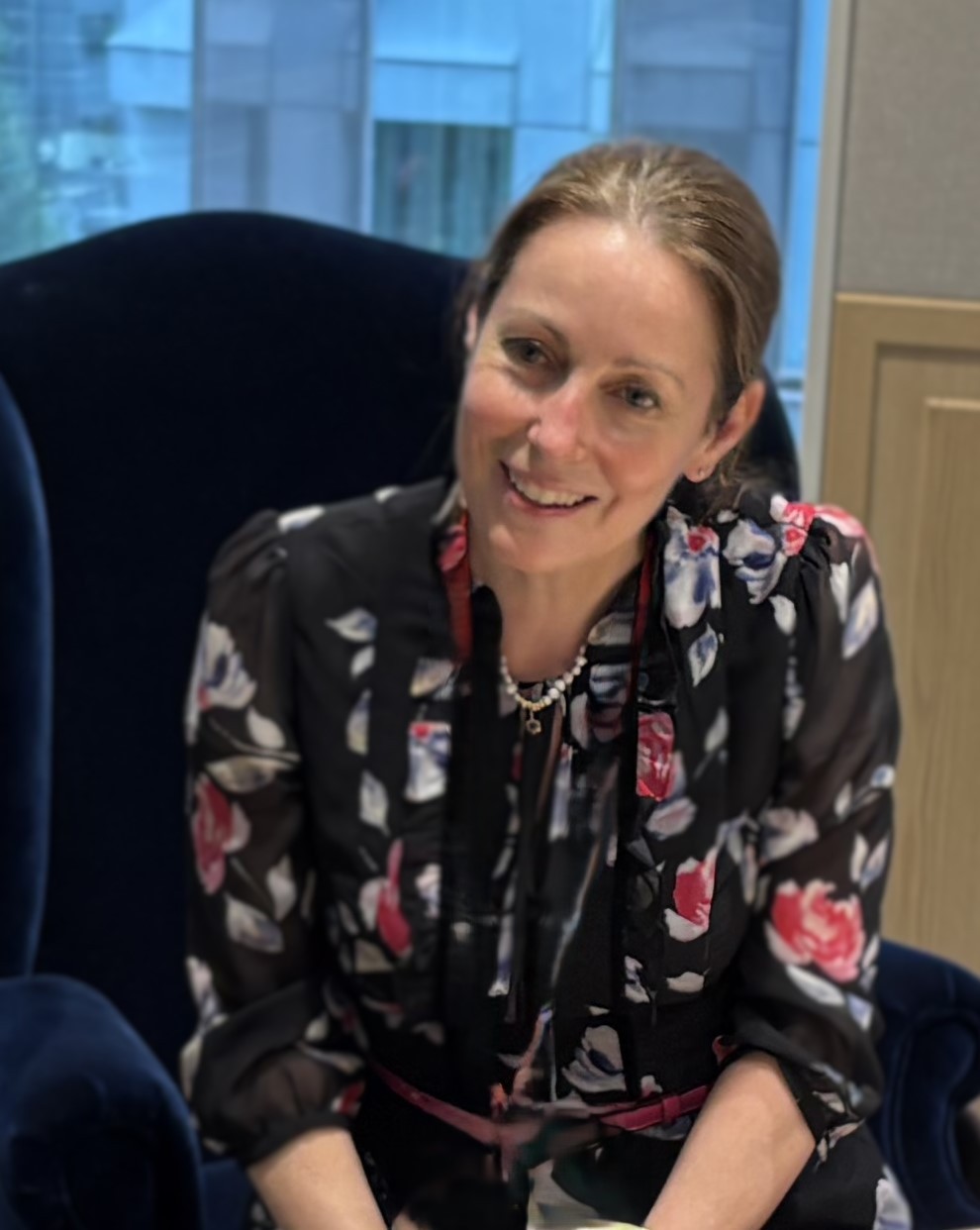 Schulz was visiting Japan to pursue a collaborative partnership with Kobe University, an outgrowth of a presentation she gave at a conference in the city last year.
Schulz was visiting Japan to pursue a collaborative partnership with Kobe University, an outgrowth of a presentation she gave at a conference in the city last year.
The Hidden Toll of Medical Accidents
“Medical injury is the third leading cause of death in the United States and the second in Australia,” Schulz explained. “It could be a surgical accident or an overdose. A lot of different things can go wrong, even in general practice.”
Her work focuses on helping patients who suffer medical harm, but injured patients often report that litigation can be traumatic, slow, expensive, and does not meet their needs. “The court system often makes them feel even worse.”
Legal cases can also turn health practitioners into “second victims” of harm events, Schulz says. “Having to go to court can be very traumatic for the doctors, too. They didn’t mean to hurt the patient, and they might want to say sorry, but in the courtroom that may be perceived as an admission of fault, despite apology protection laws.”
To address these challenges, Schulz promotes the Communication and Resolution Program—an alternative, no-fault process that allows hospitals to disclose medical injuries, investigate and explain what happened, apologize, and offer compensation when warranted. CRP is a framework for responding to unintentional patient harm by promoting open, honest, and empathetic communication, shifting the focus from the traditional “deny and defend” approach to a patient-centered model aimed at improving patient safety.
Policy Impact Through Personal Stories
In a recent journal article, Schulz documented the story of a young patient who was injured in a hospital when she was just 15. “It was an overdose, and she almost died. Her mental health deteriorated, she stopped going to school, and she had suicidal thoughts. It was very sad.”
Schulz had interviewed her for research on improving resolution after medical injury—conducted with the help of a Sylff Leadership Initiatives grant (2018–19). “I’ve kept in touch with her, and she’s participated in four studies with me. Now she’s graduated from university, and guess what she is? A physician’s assistant. She wants to help other people going through a similar experience.”
Schulz’s work is an excellent example of research leading not just to new academic insights but to real life impact, making a tangible difference in people’s lives. She worked for the New Zealand government as a legal and policy adviser in 2011–12, undertaking a socio-legal study on coroners’ recommendations across several countries, collecting data and conducting more than 100 interviews with over 40 respondents.
Her findings were published in a landmark 2016 book that revealed a need for stronger mechanisms to translate coronial recommendations into population-level mortality prevention. This prompted legislative changes, driven not by statistics alone but by the powerful personal testimonies of those interviewed.
“Politicians didn’t actually care about the numbers. It was only after they learned of the patients’ stories that they said, ‘We have to change the law.’”
Schulz’s next project is to examine medical harm resulting from the use of artificial intelligence—a timely and under-researched area. “AI is being used by doctors in New Zealand to take notes during consultations. But mistakes by these AI scribes have already led to physical harm.” Robotic-assisted surgery is another domain where AI-related harm could emerge. “The technology is exciting, but we need to understand its risks and build safeguards.”
Educating with Empathy
“I left academia to work in government for a while, but my passion is in teaching and working with young minds,” Schulz maintains. In 2018, her students selected her for the Inspiring Teacher Award, given to the best instructor in a first year UNSW undergraduate program. They called her a “phenomenal teacher” with “endless enthusiasm and passion that she brings to each lesson” and a “perfect mentor” who influenced their study direction.
Schulz laments the global trend toward reduced spending on many programs in the humanities. “Quantitative, scientific research is like the skeleton, but the humanities are the flesh,” she explained. “They are foundational, helping us understand what the numbers mean to people.”
Even as her daughter dreams of becoming a scientist, Schulz hopes she will also embrace the humanities—an education that fosters empathy and critical thinking.
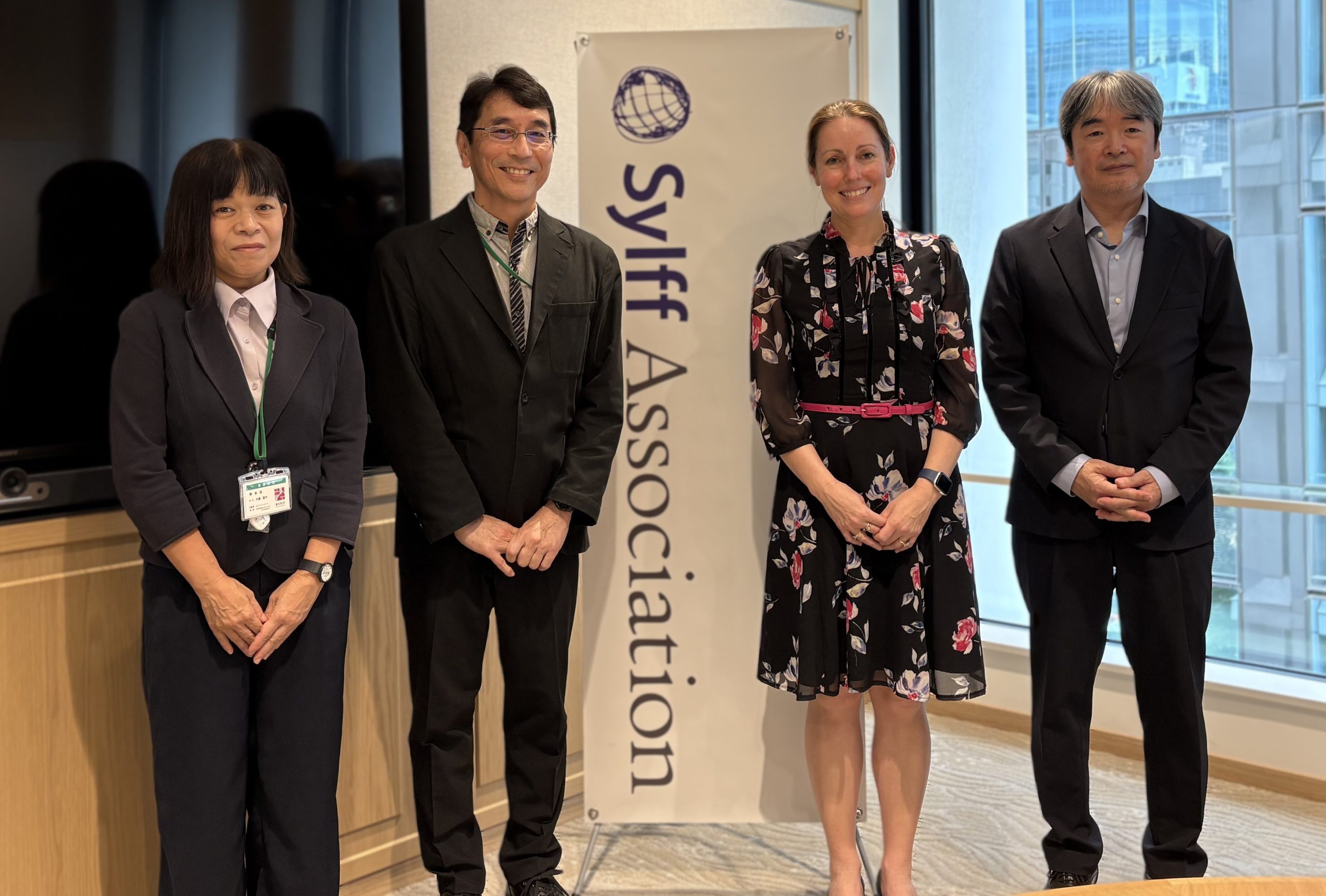 Jennifer Schulz’s visit was a reminder of how research rooted in empathy can drive meaningful change. Her work not only advances academic understanding but also transforms lives—helping patients heal, guiding policy reform, and inspiring future generations. The Sylff Association secretariat is honored to support her work and looks forward to the continued ripple effects of her leadership. (Compiled by Nozomu Kawamoto)
Jennifer Schulz’s visit was a reminder of how research rooted in empathy can drive meaningful change. Her work not only advances academic understanding but also transforms lives—helping patients heal, guiding policy reform, and inspiring future generations. The Sylff Association secretariat is honored to support her work and looks forward to the continued ripple effects of her leadership. (Compiled by Nozomu Kawamoto)




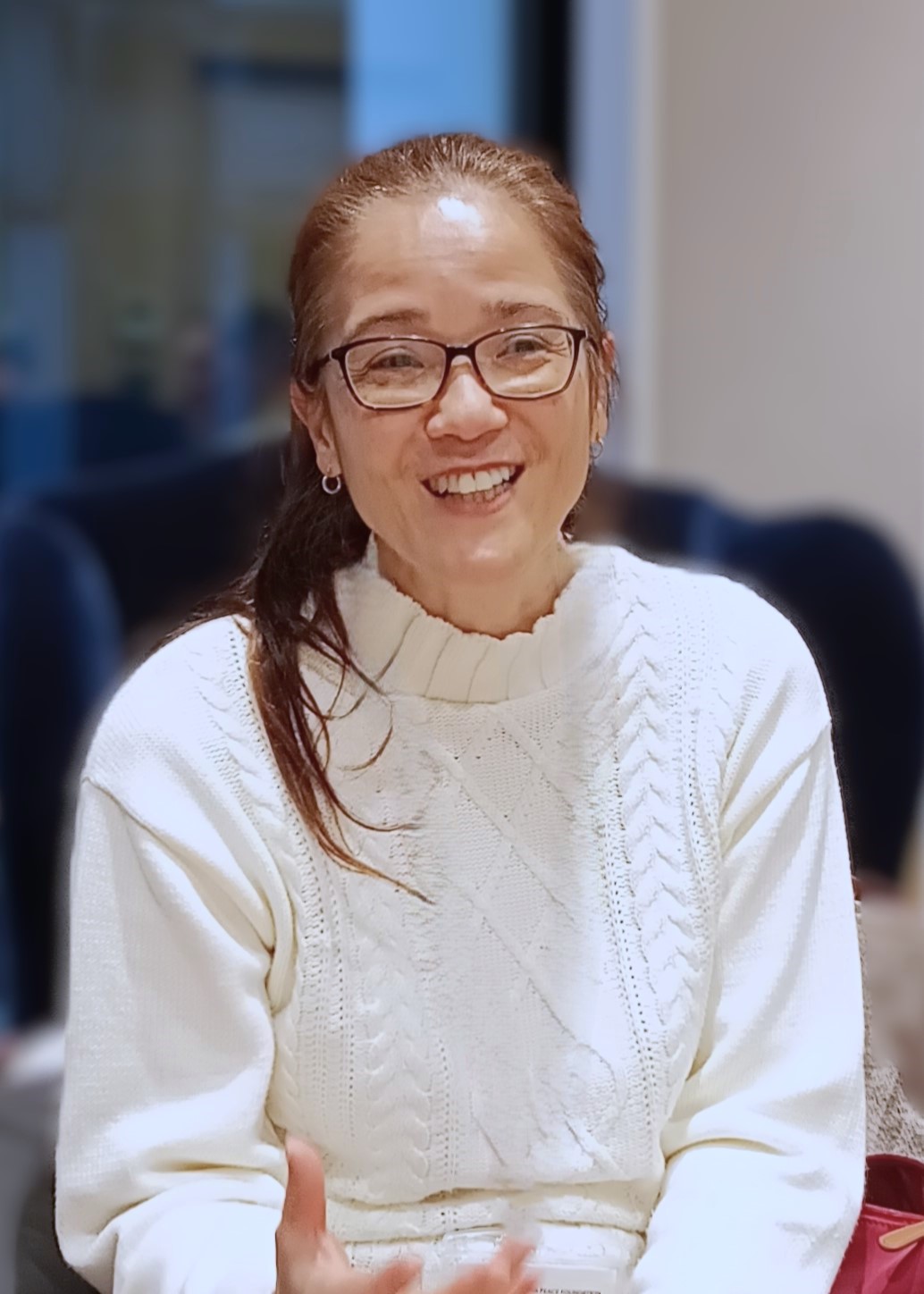 “I’m very excited to finally be here,” Sakata said of her first visit—not only to the Sylff office
“I’m very excited to finally be here,” Sakata said of her first visit—not only to the Sylff office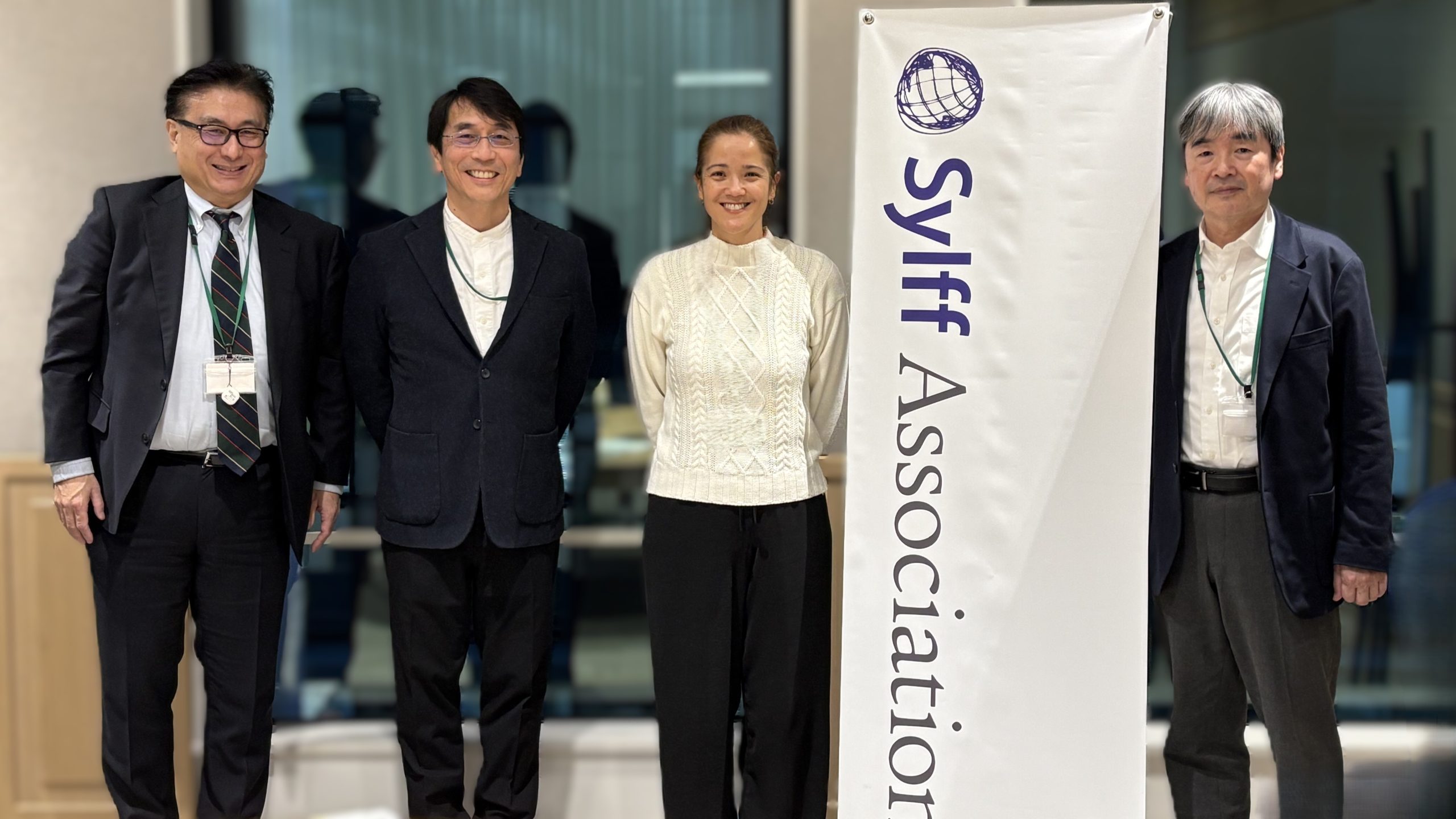 Sakata expressed her hope of applying the lessons from her current trip to Japan to make a greater contribution to the Sylff community in São Paulo and beyond. The secretariat was heartened by her offer and looks forward to sharing her future engagements with the broader Sylff community. (Compiled by Nozomu Kawamoto)
Sakata expressed her hope of applying the lessons from her current trip to Japan to make a greater contribution to the Sylff community in São Paulo and beyond. The secretariat was heartened by her offer and looks forward to sharing her future engagements with the broader Sylff community. (Compiled by Nozomu Kawamoto)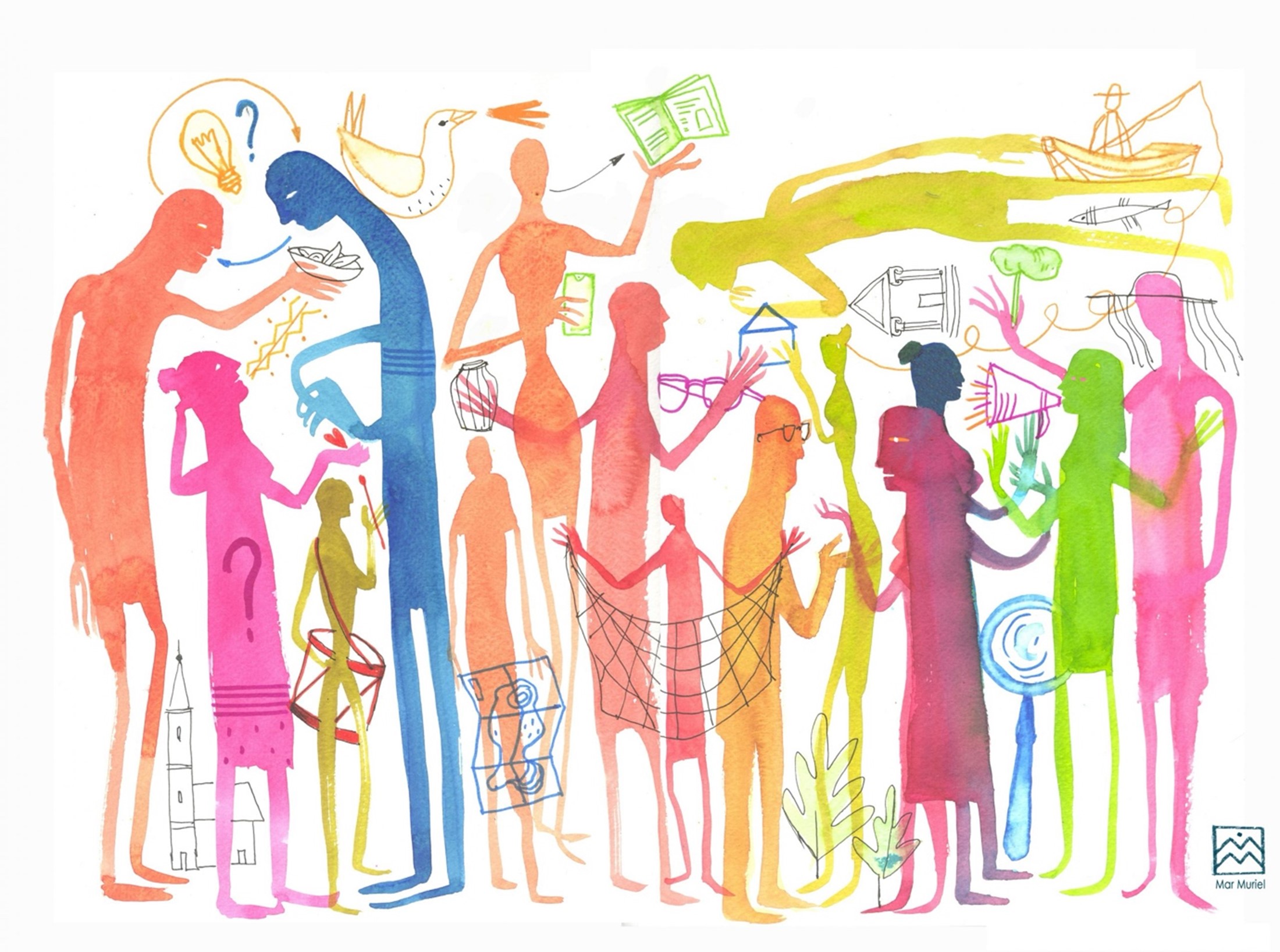
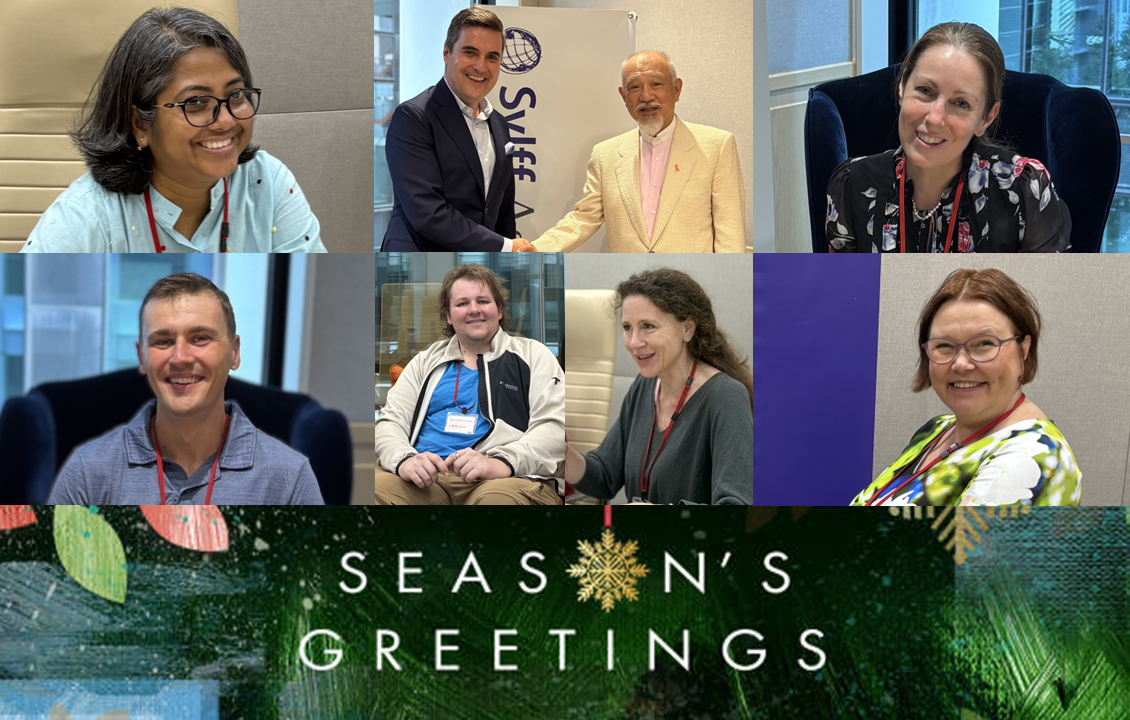 As 2025 draws to a close, we extend our heartfelt gratitude to all members of the Sylff community for your continued commitment to the ideals and operations of our program.
As 2025 draws to a close, we extend our heartfelt gratitude to all members of the Sylff community for your continued commitment to the ideals and operations of our program. 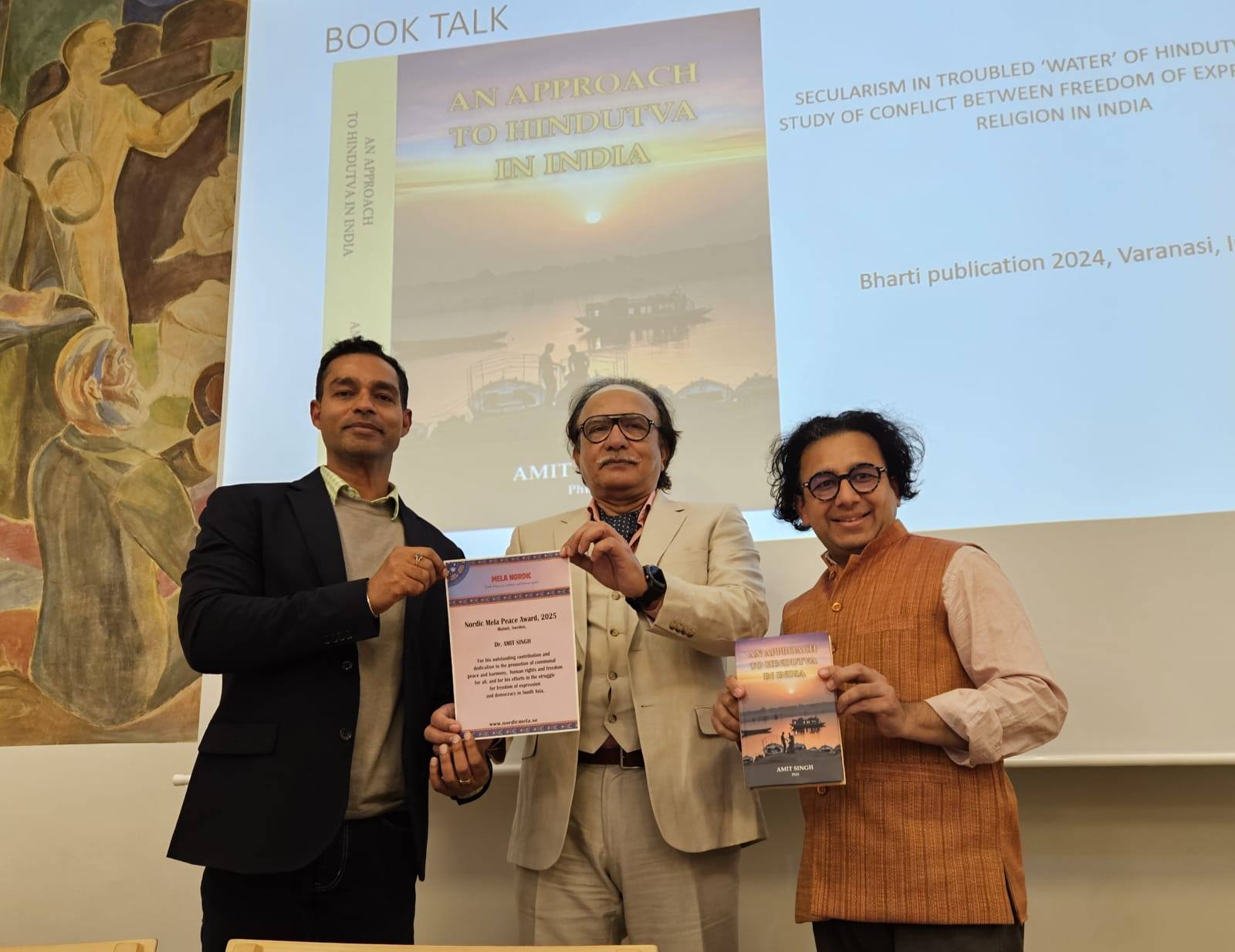
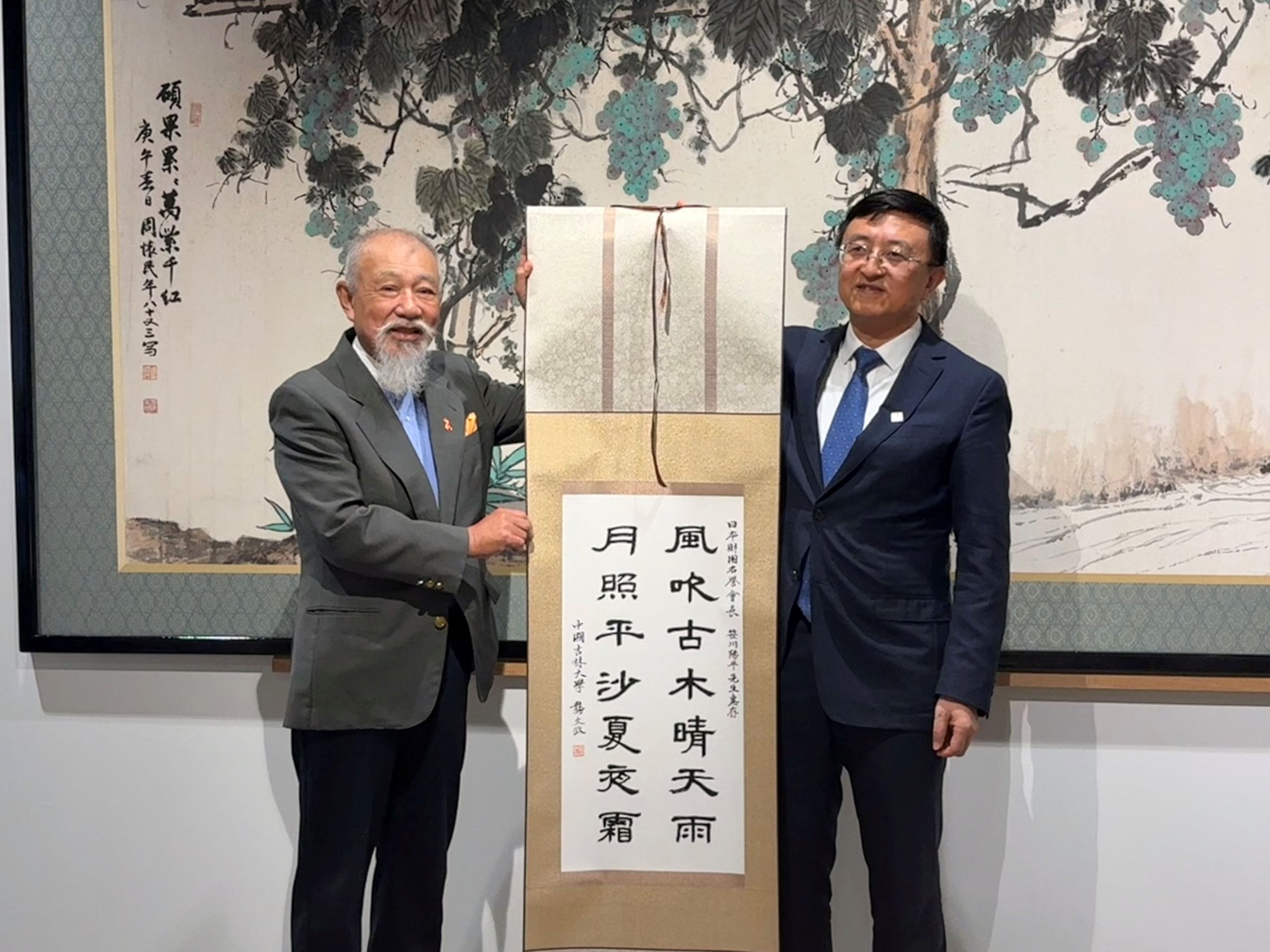
 Schulz was visiting Japan to pursue a collaborative partnership with Kobe University, an outgrowth of a presentation she gave at a conference in the city last year.
Schulz was visiting Japan to pursue a collaborative partnership with Kobe University, an outgrowth of a presentation she gave at a conference in the city last year. Jennifer Schulz’s visit was a reminder of how research rooted in empathy can drive meaningful change. Her work not only advances academic understanding but also transforms lives—helping patients heal, guiding policy reform, and inspiring future generations. The Sylff Association secretariat is honored to support her work and looks forward to the continued ripple effects of her leadership. (Compiled by Nozomu Kawamoto)
Jennifer Schulz’s visit was a reminder of how research rooted in empathy can drive meaningful change. Her work not only advances academic understanding but also transforms lives—helping patients heal, guiding policy reform, and inspiring future generations. The Sylff Association secretariat is honored to support her work and looks forward to the continued ripple effects of her leadership. (Compiled by Nozomu Kawamoto)